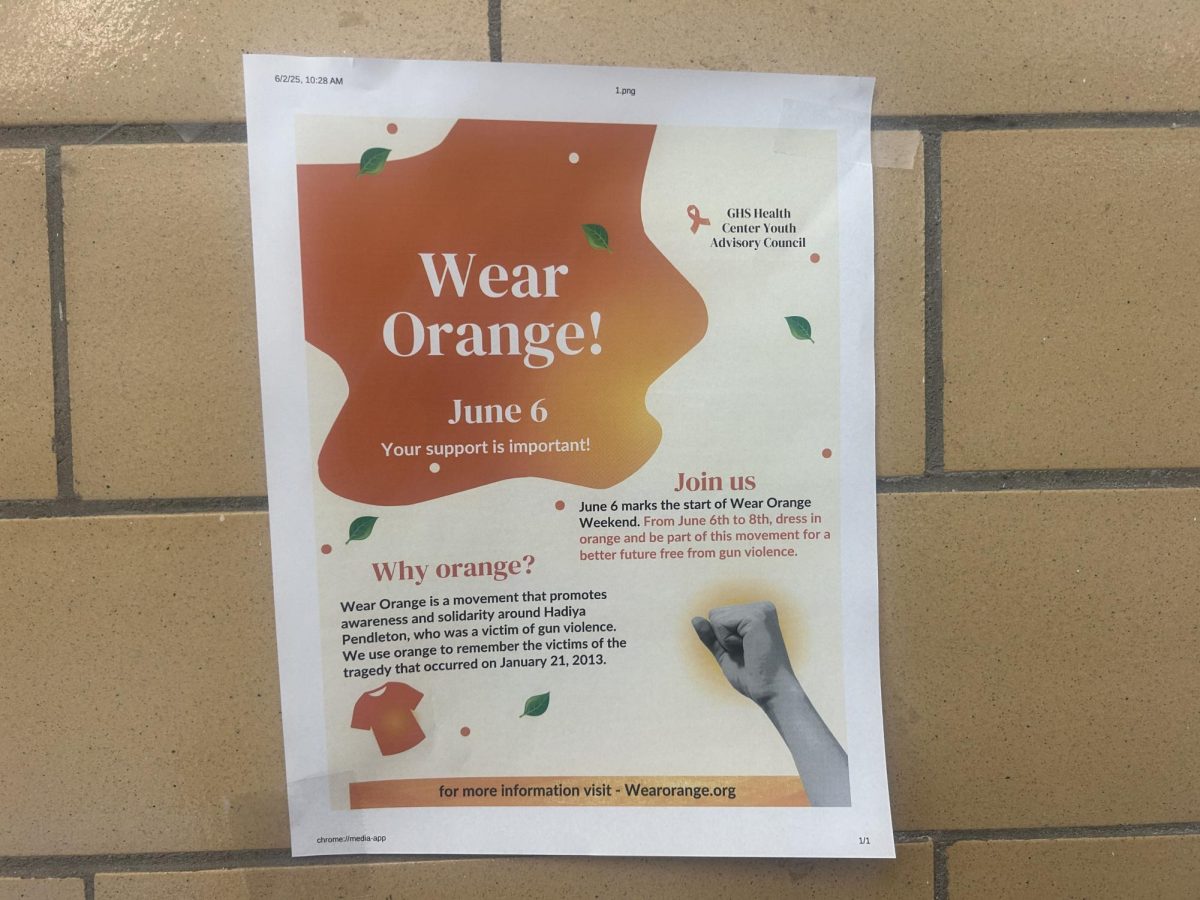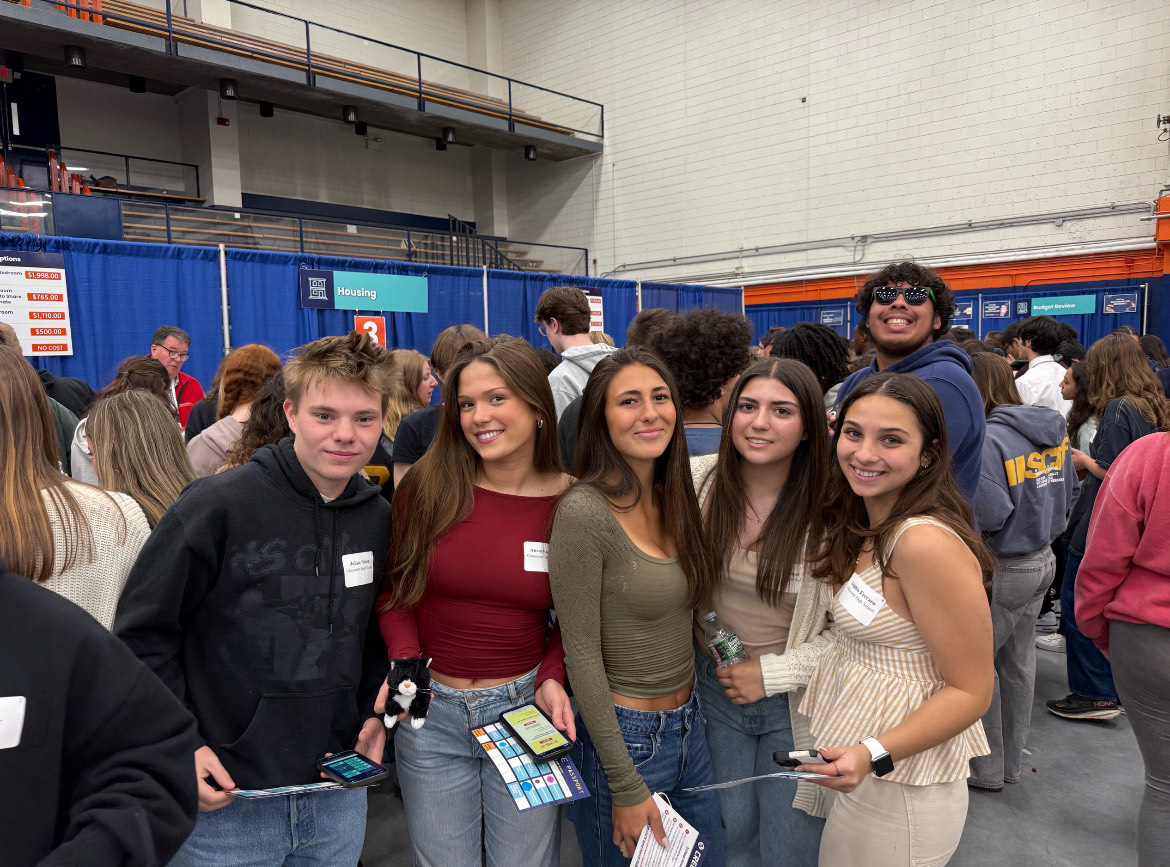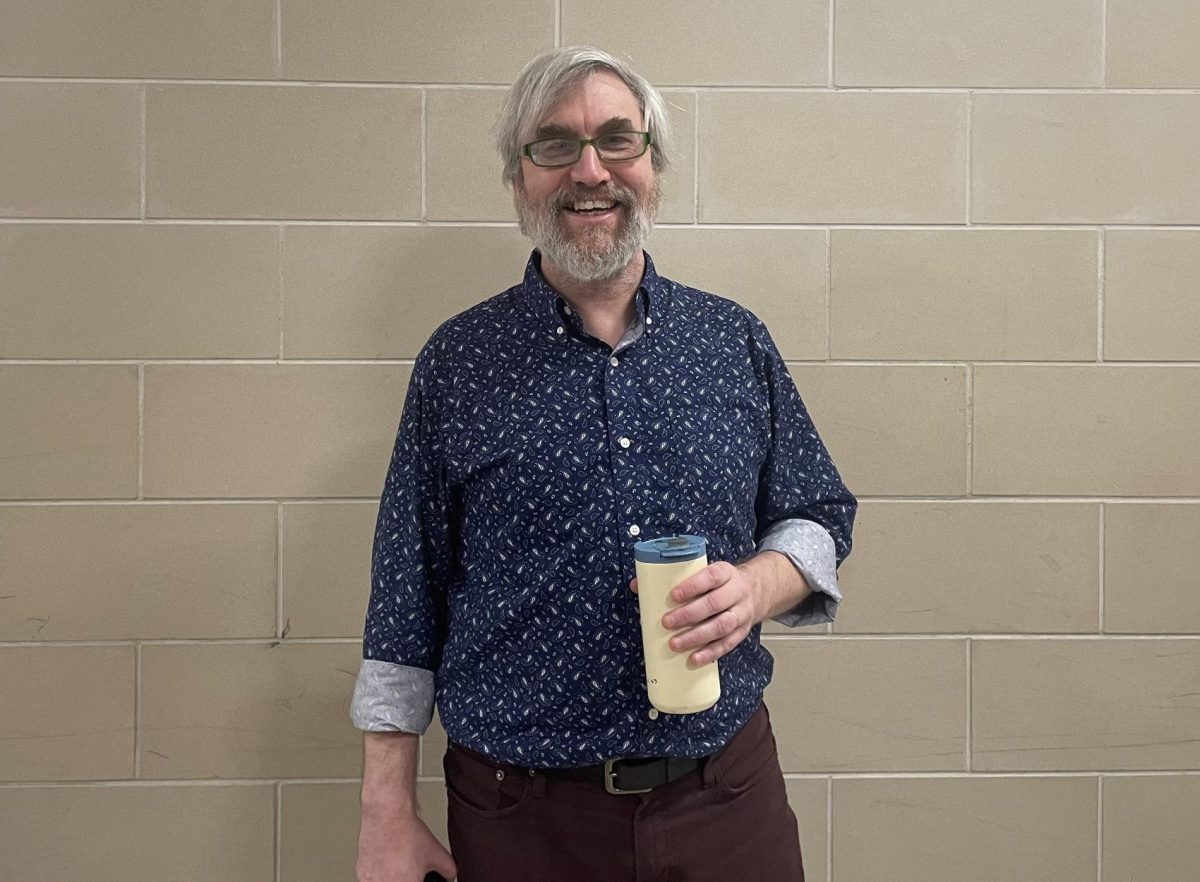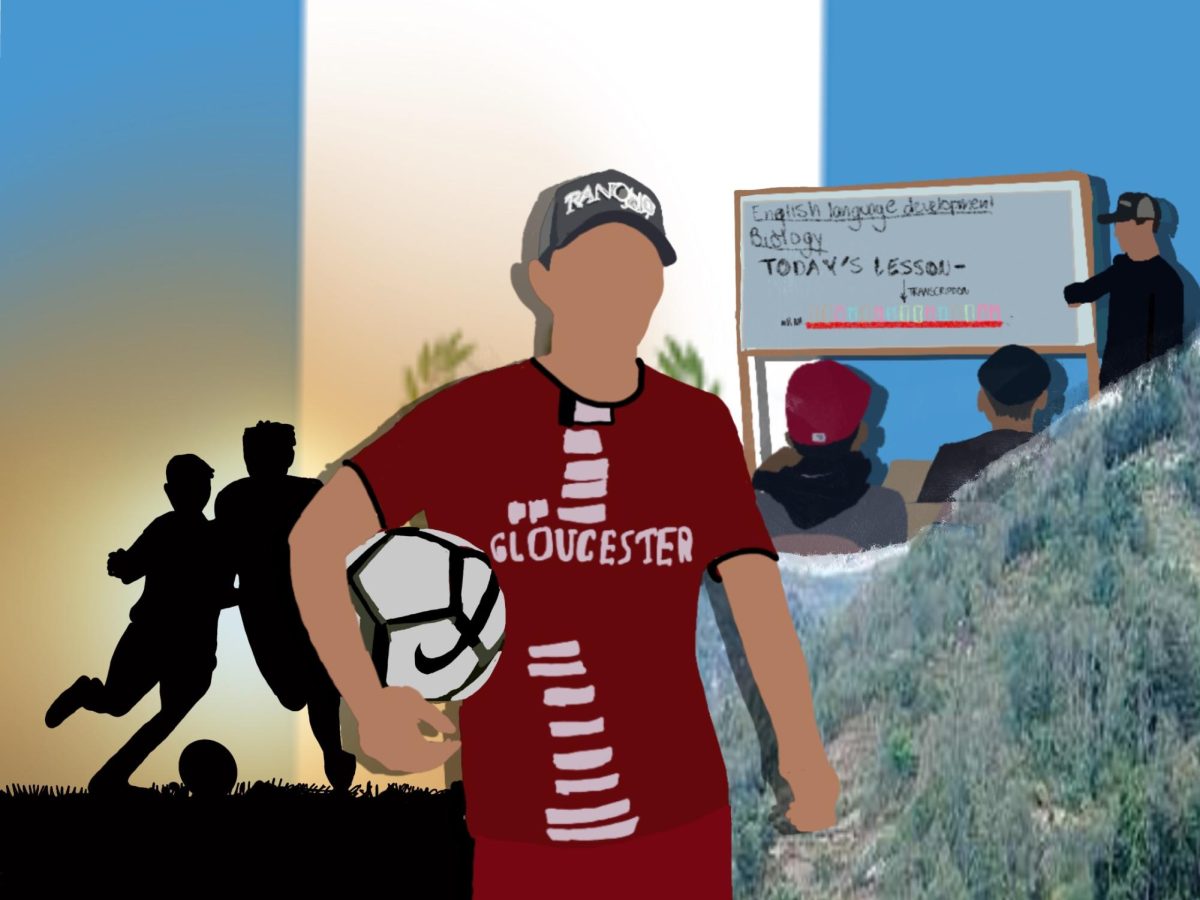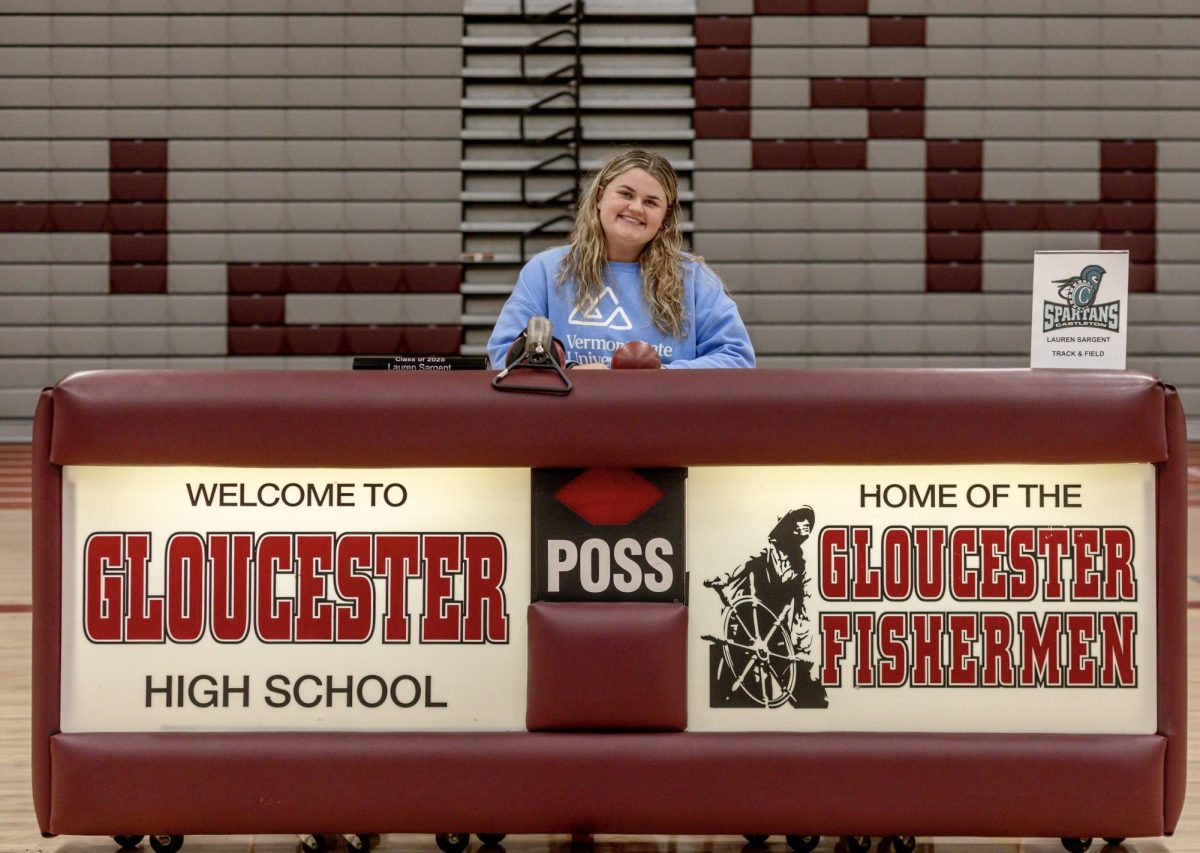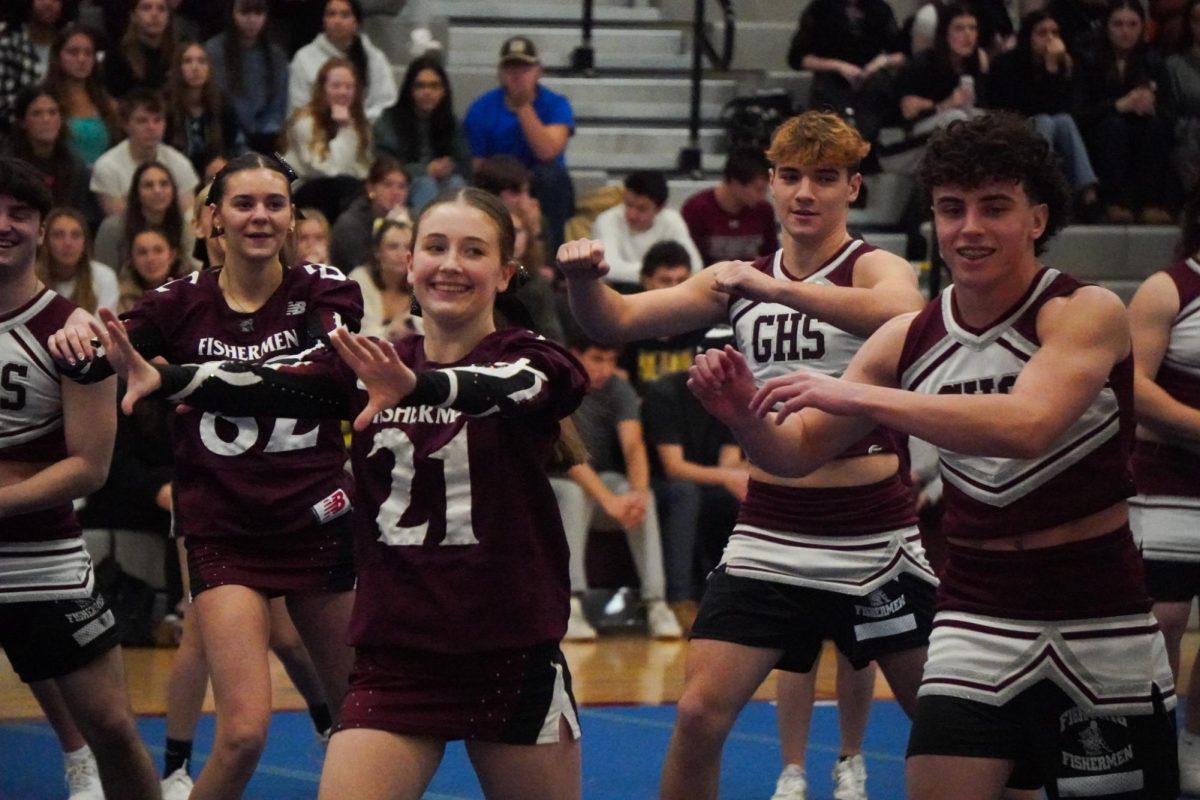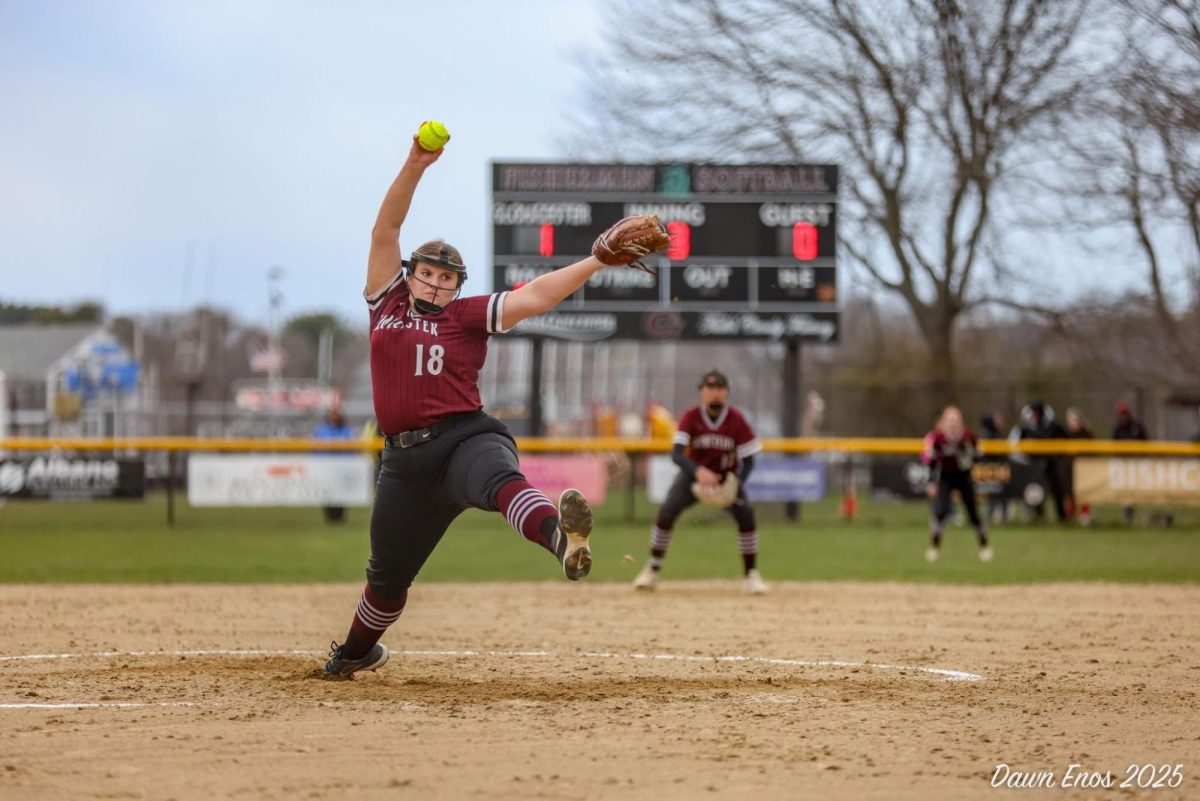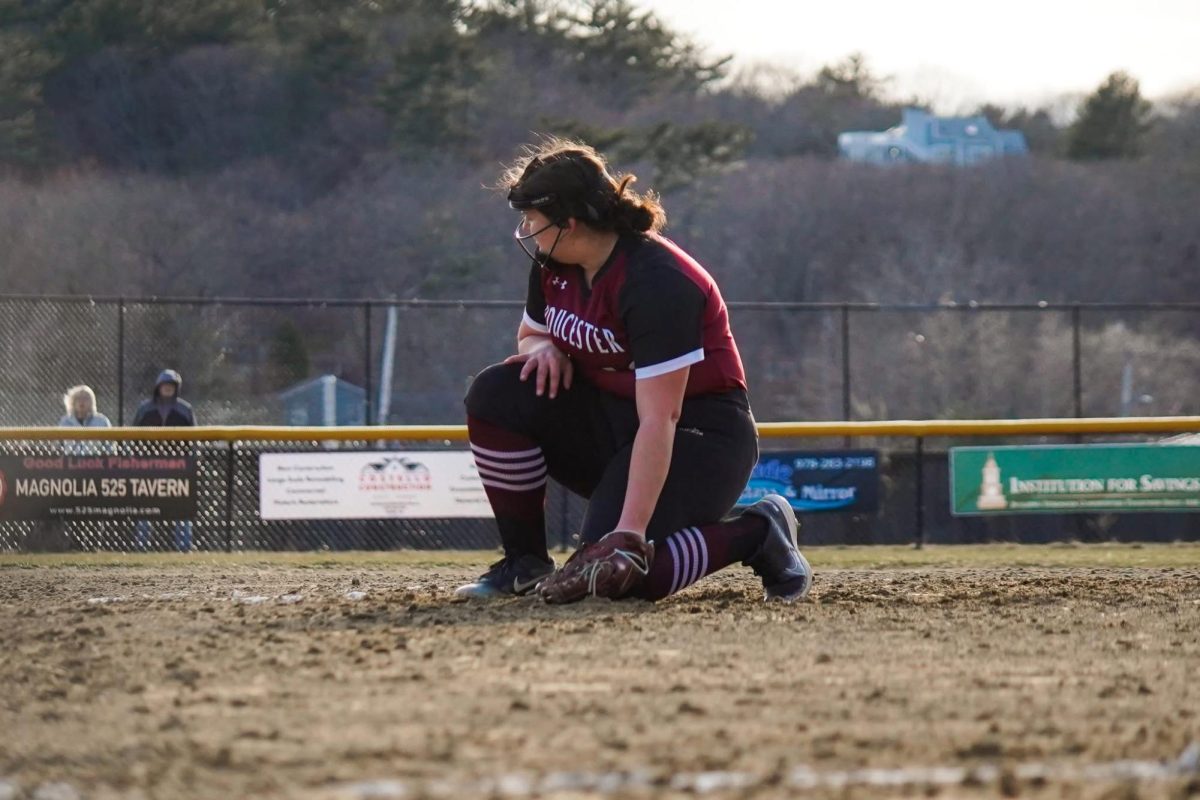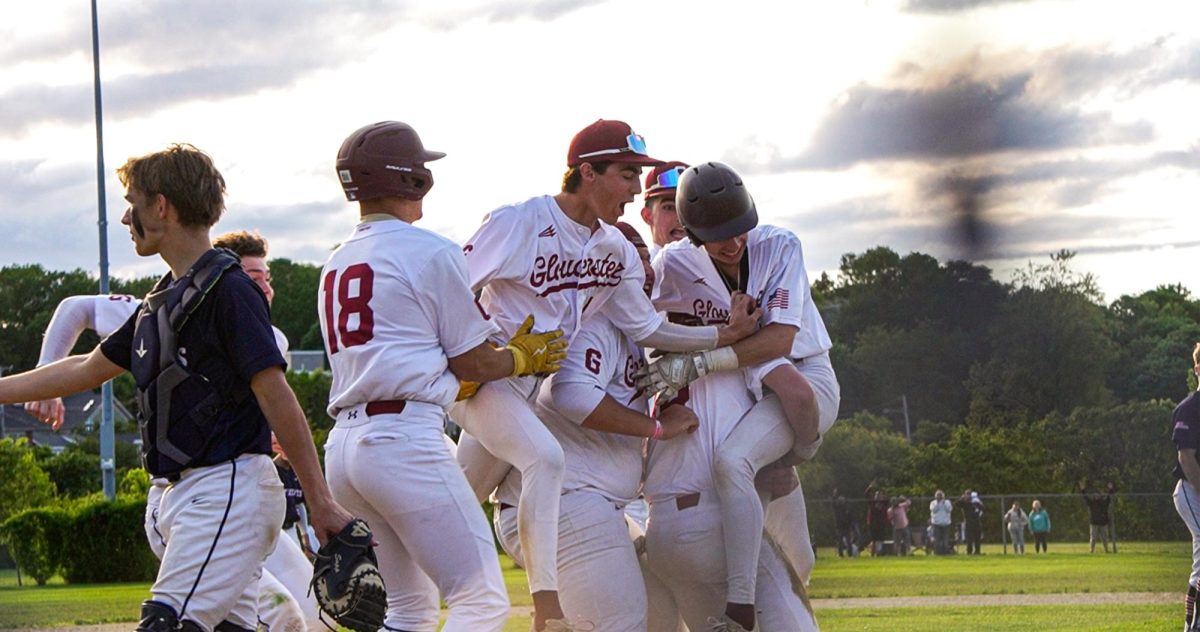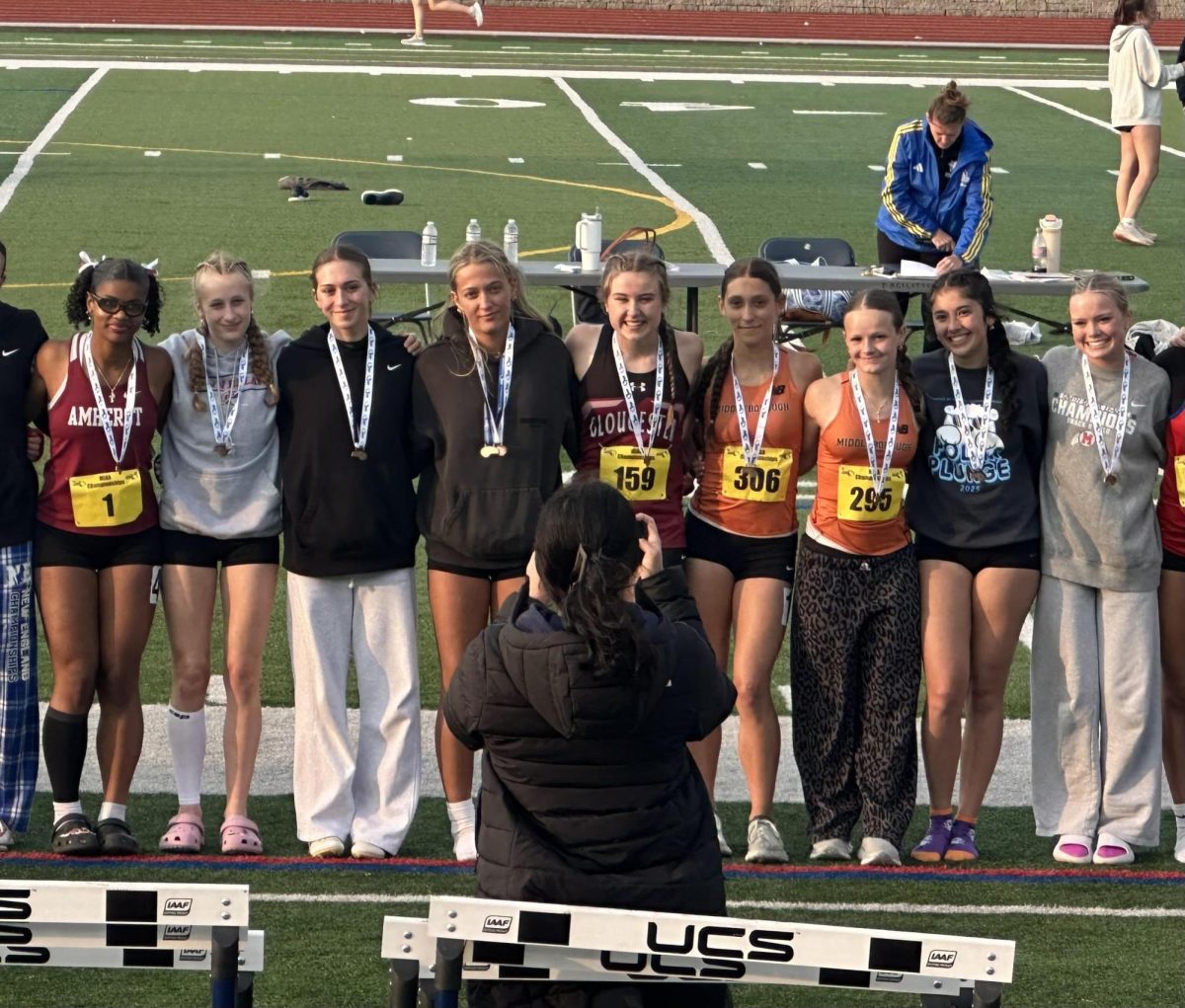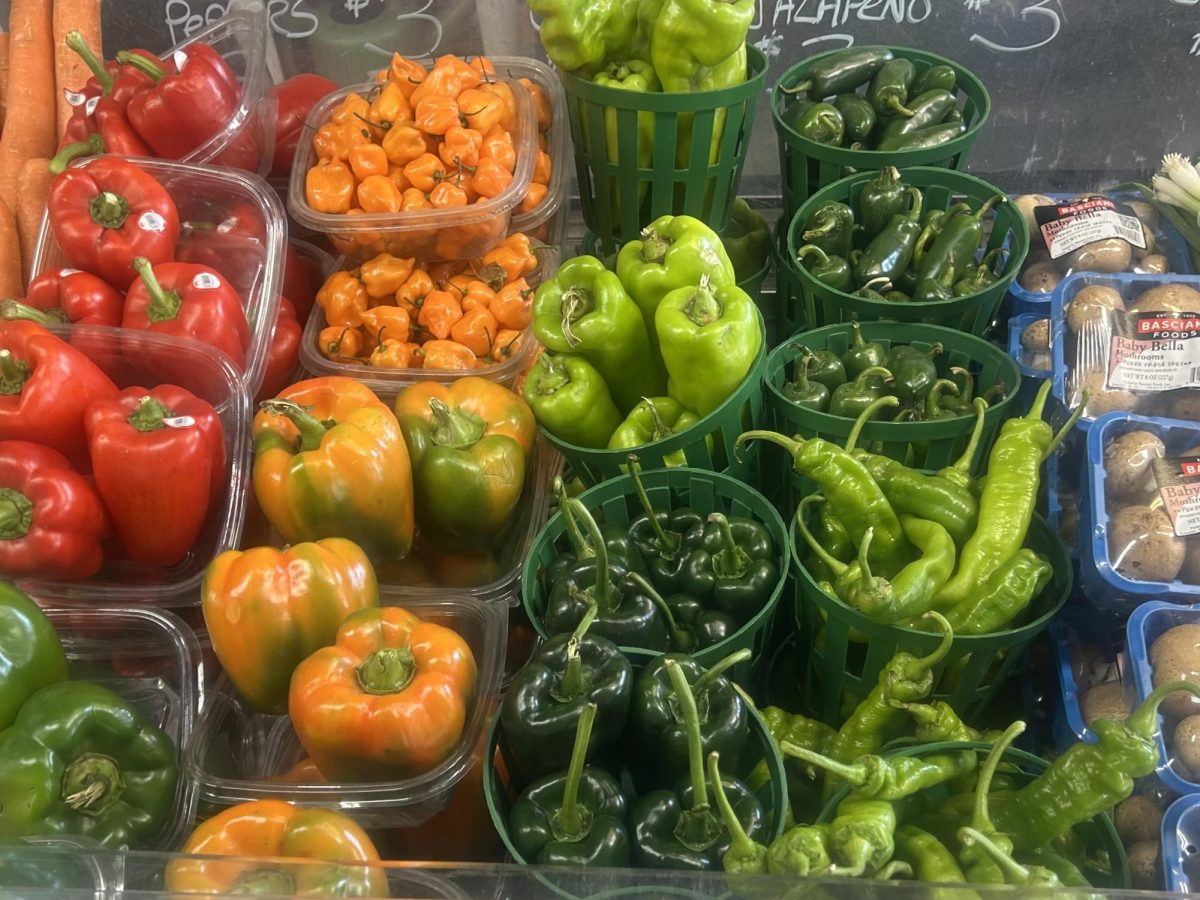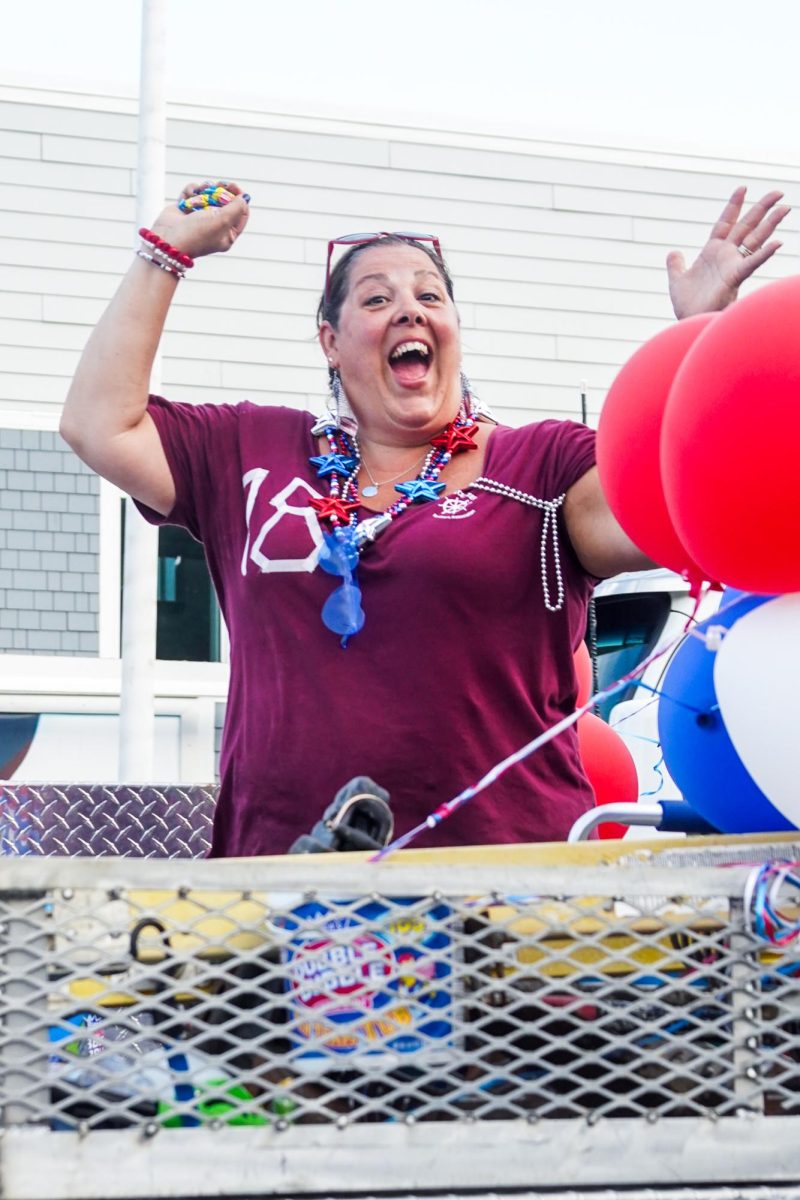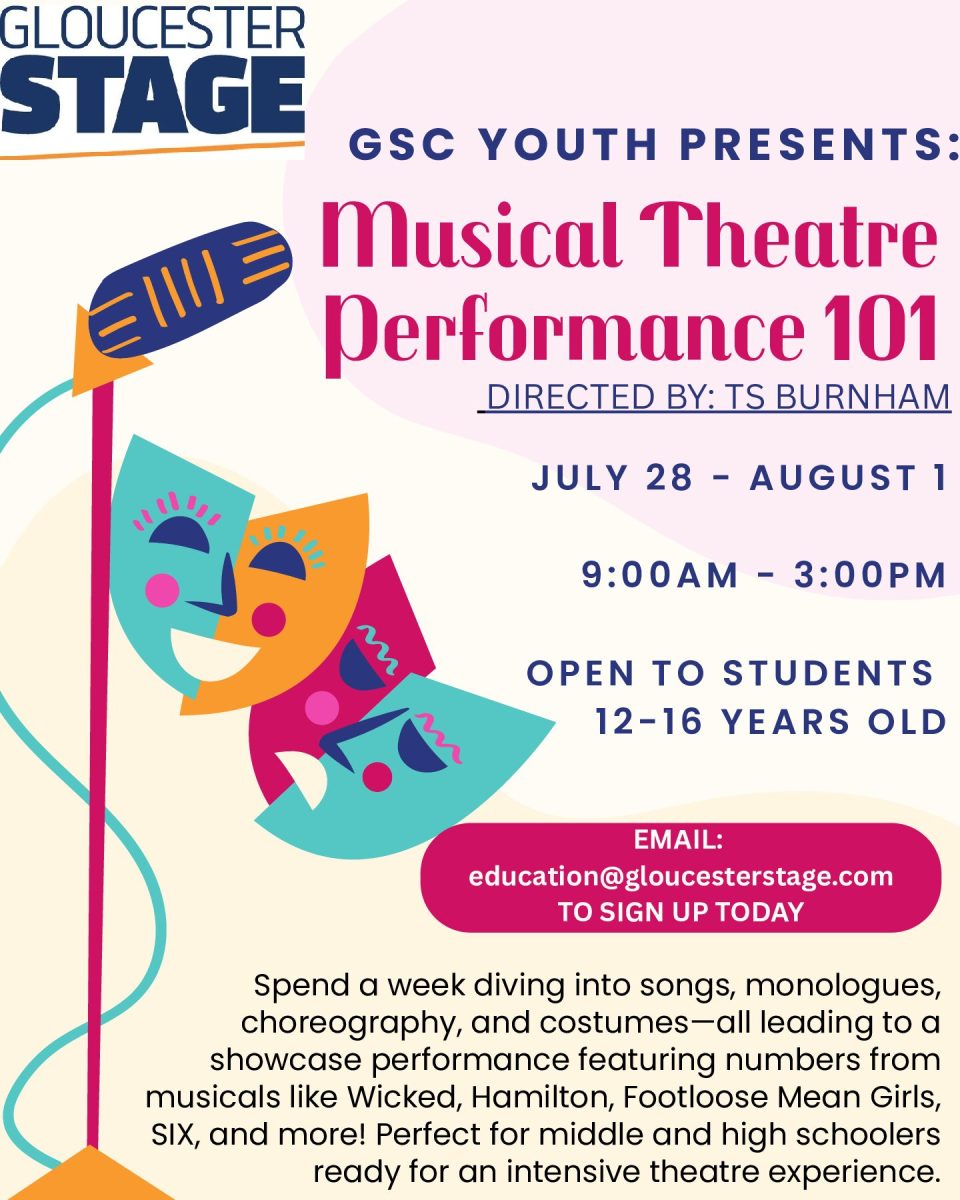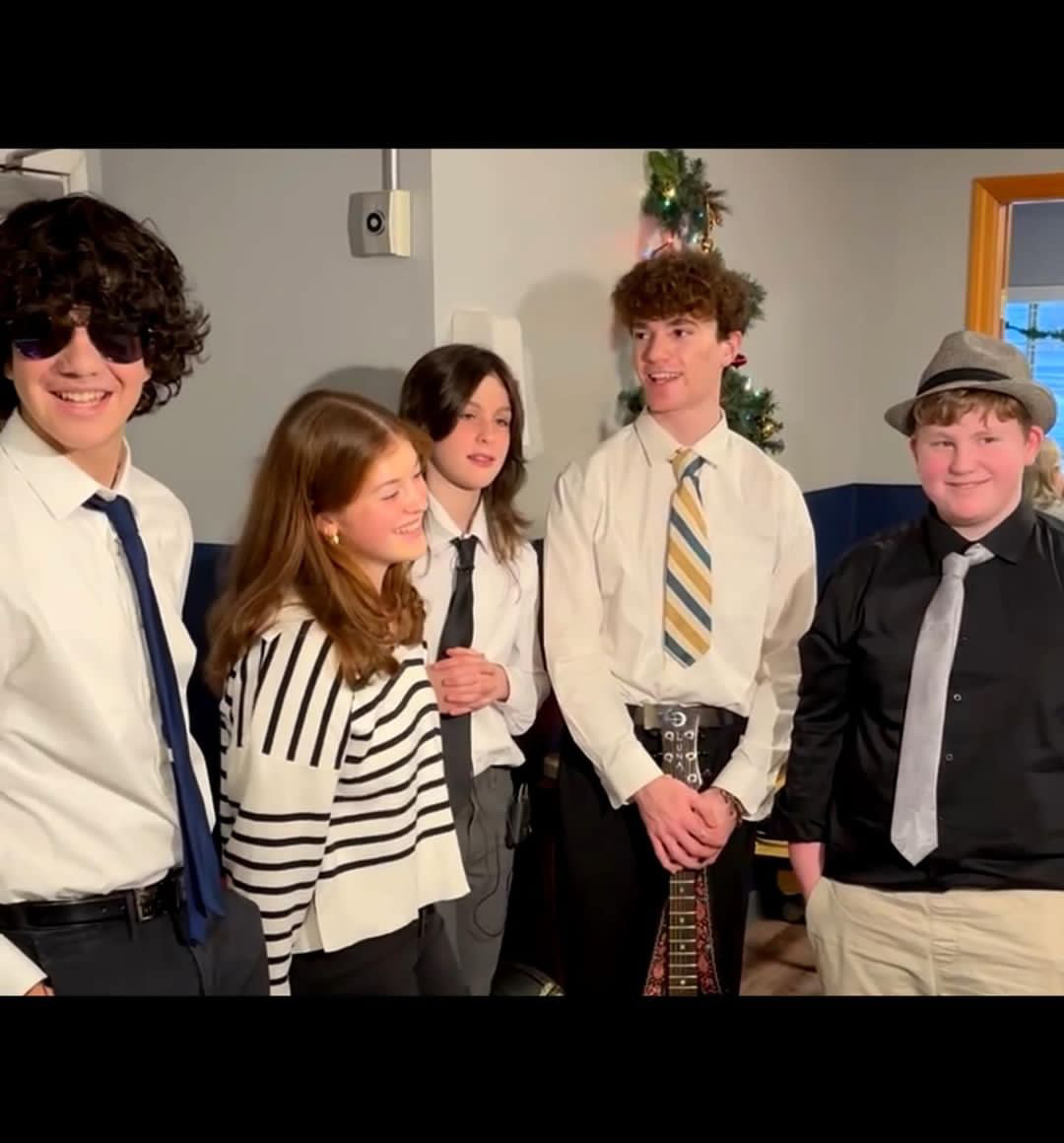Interview with Rebecca Dowd
1. What has remote school taught you about real school? What do you value more about school now that it’s been taken away? Is there anything that you like better about remote school?
Remote school has shown me what aspects of school can and can’t be put online. Lectures are exactly the same, except now they can be viewed whenever which is nice, but also that loss of structure is not something I do well with. I’m glad most of my classes are discussions I still have to go to. But putting discussions online completely changes the dynamic. Having discussions online is so much more challenging, which I really took for granted, but there’s also the loss of chatting with friends before class starts, or in between. I think those social interactions without learning are what make the work bearable.
2. Consumerism and its implications are central to the plot and theme of Feed. Already much of the education system has converted to online platforms (ex. Google Classroom, Canvas, EdX, etc). What are the benefits of this? What are the dangers?
I think in many ways these platforms make it easier for students and teachers. They collect all the information in one place, making it easy to find everything, from assignments to essays to videos and resources, which is incredibly useful and so convenient. People are paid to think about the best ways to collect and share information for these platforms, so often they are well-thought out. A huge problem is that these systems are all corporations. They’re selling education for profit, which means these platforms are not universally accessible, lengthening the divide between the haves and the have-nots. If students do not have the resources to use these online systems, and are not provided by their school, they will be left behind those who do.
3. Do you think this has the potential to kickstart an era of online education?
Yes for sure.
4. In Feed, many of the teachers are holograms. Talk about the importance of the relationships that teachers have with students. Feel free to give examples of experiences you’ve had with really skillful teachers.
Teachers are able to interact with students in a way technology cannot. They have empathy and emotion, which drives the way they share knowledge for the classroom, but also for life. The best teachers I’ve had were teachers that cared about me beyond my academic ability. They could understand when I needed extra help with an assignment, or help solving a problem that didn’t relate to their class at all.
5. Do you think computers will ever be able to replace teachers?
Maybe one day, but not yet.
6. In Feed, there’s an important moment when Violet reminds Titus that only 73 percent of people in America have the feed. Socioeconomic barriers have also been a major fact for the GPS system, because not all students have access to a device at home (or to the internet). How can this be made fair? What effect is this going to have on a population of students who (in many cases) already face adversity in their lives?
I think part of this problem is that access cannot be made fair. Though all my professors are trying to accommodate people who cannot join online discussions, every student receives something different. Some people participate in a virtual discussion, while others simply type a response. And time differences mean not everyone can join classes even if they want to. So no matter the effort to try and create a more fair playing field with academics, students cannot get the same experience. Students who already face adversity will have even more work to do to catch up to those with privilege, and the already wide gap between classes will widen.
7. This pandemic is highlighting a lot of socioeconomic inequities in this country. For example, not everyone has the privilege of being able to stay from home work. Not everyone has a house to quarantine in. What support do you think should be provided for these people? Do you think this might inspire more extensive reform in the future?
I think that though the socioeconomic inequities are easier to see right now, they have always been present, and easy to see if you’re looking. This might be cynical, but I don’t think this pandemic will provoke more extensive reform unless it goes on for an incredibly long time. I think once the pandemic is over, many people will simply return to their normal lives, and forget about the problems because those problems will fade to the back of their minds.
8. What sort of reforms would you like to see?
One reform that might actually happen is improved working lives for people in what are considered essential positions like grocery workers. I think they may end up with better pay and general work life than before because of current pressures.
9. In Feed, communication over the feed takes center stage. It’s so extreme that people rarely use spoken language. How do you feel about this now that much of your communication has converted to online messaging? Does it feel natural or alien?
I notice myself actually calling/FaceTiming people more to talk to them. So much of my communication after going to college was already virtual, so I think I was prepared for that aspect.
10. After making this transition, do you think that our society could ever reach the point it did in Feed?
I already believed society could reach the point it did in Feed, so this has only brought us closer.
11. How do you think this pandemic will shape our social, education, or political future?
I think it really depends on how long it lasts. If we’re done in the next few weeks, I don’t think there will be huge shifts in the way we live, though for a little while people might go a little crazy going out and doing things with lots of people. I think if this pandemic lasts longer, and there is a larger economic affect, there will for sure be shifts in how people act. I wonder if people would stop shaking hands as greetings. I think online education will become more popular or less (or maybe both) as so many people are trying it and some may really like this system, but others may realize how vital in-person education is.
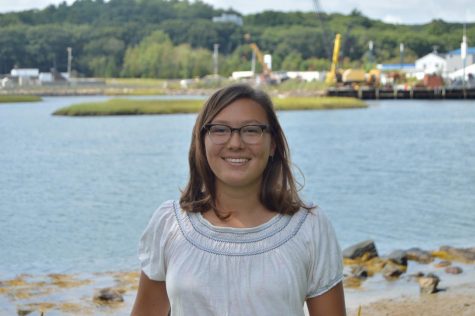
Mila Barry is in her fourth year at Gloucester High School, and her third year on the Gillnetter staff. Outside of writing for the newspaper, she’s...


